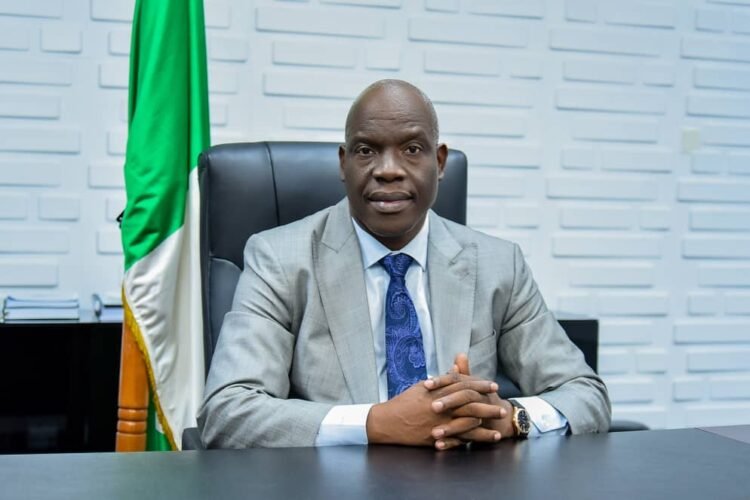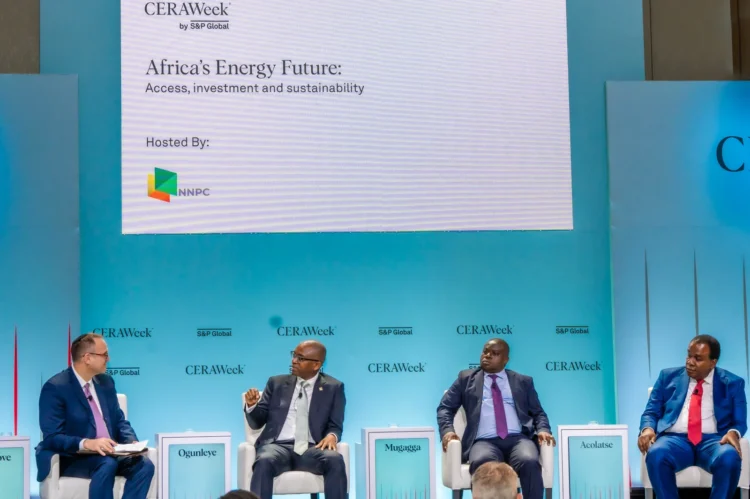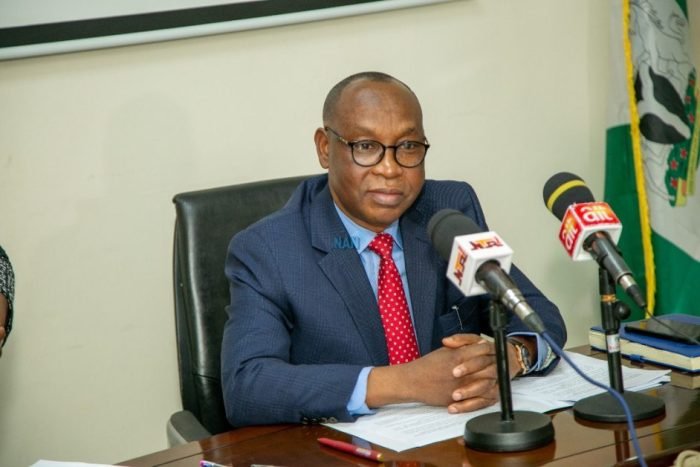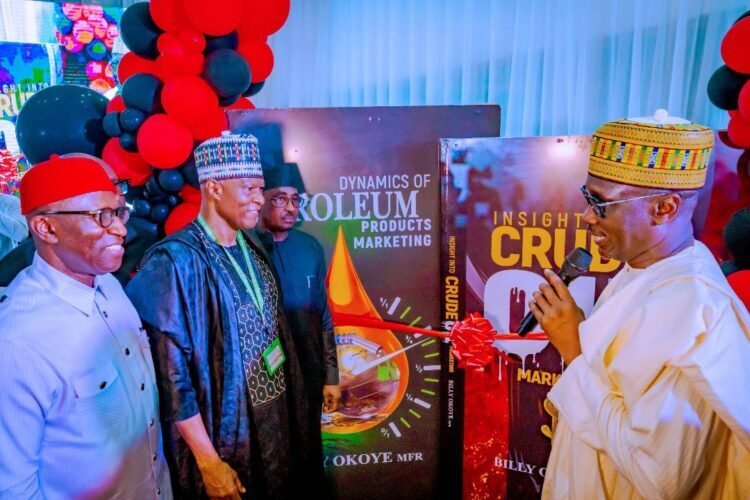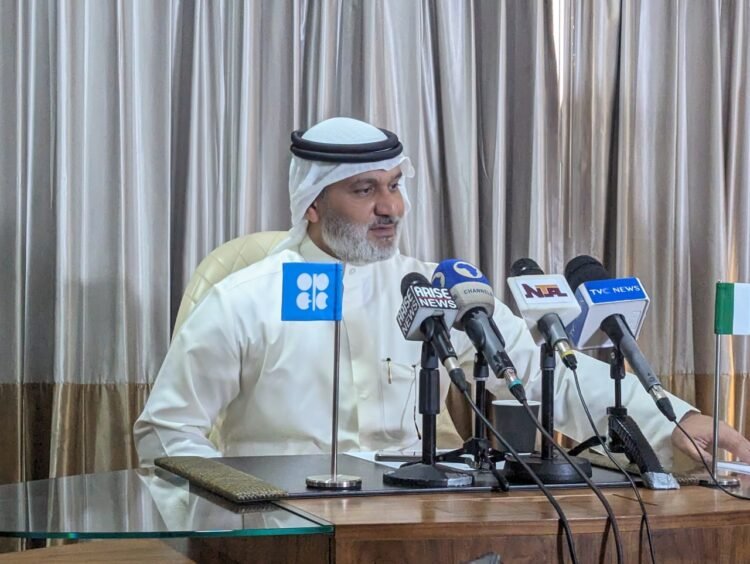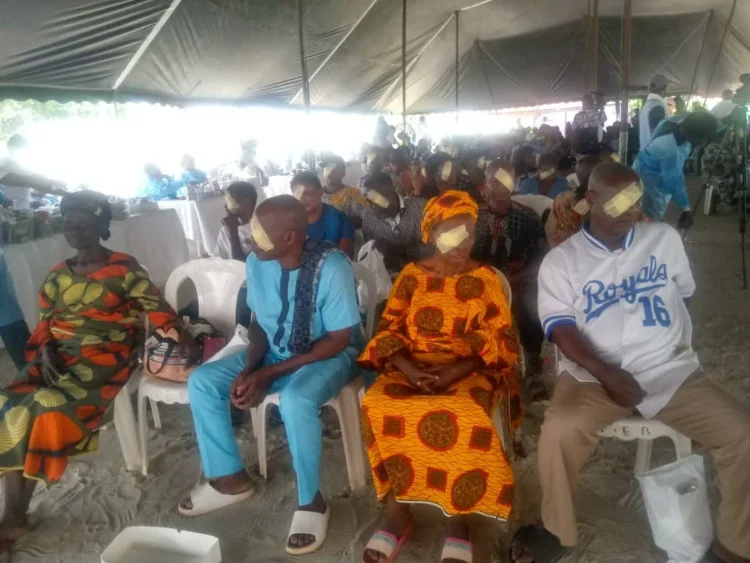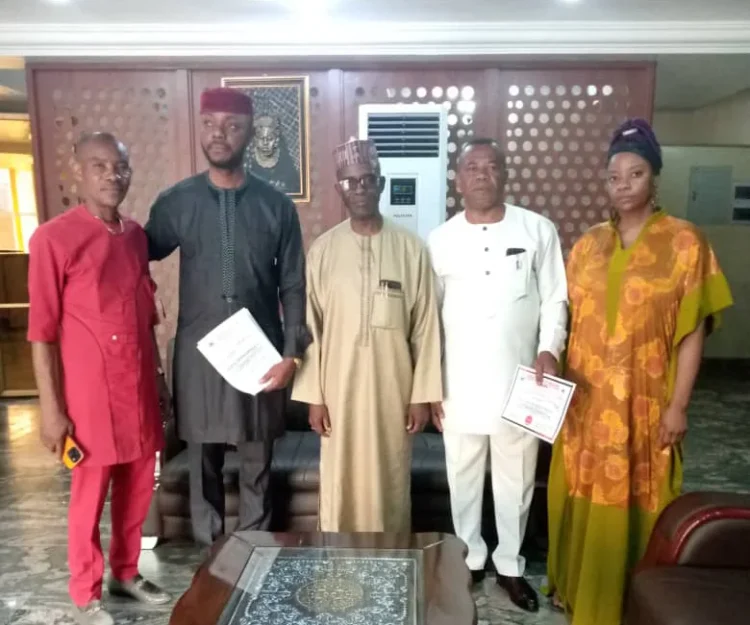NUPRC to produce templates for domestic crude oil supply
By Emmanuella Anokam
The Nigerian Upstream Petroleum Regulatory Commission (NUPRC) has given its enforcement committee 48 hours to produce a template for a seamless implementation of Domestic Crude Oil Supply Obligation (DCSO) in Nigeria.
The Commission Chief Executive, NUPRC, Mr Gbenga Komolafe, gave the charge on Tuesday in Abuja while speaking at a meeting to review the Domestic Crude Oil Supply Obligation.
The News Agency of Nigeria (NAN) reports that the implementation of the DCSO is provided under Section 109 (2) of the Petroleum Industry Act (PIA) 2021.
NAN also reports that the committee on DCSO was constituted by the commission to resolve issues arising from crude supply regulation and enforcement.
Komolafe, who emphasised that priority must be given while supplying crude to local refineries, said that the overall objective of the government was to ensure that Nigeria became a net exporter of refined petroleum products.
“Producers should satisfy their domestic crude oil supply to the domestic refineries, so that as a nation, we can seize the opportunity to reverse the ugly trend.
”We can do this by ensuring development of the midstream and end being a net exporter of petroleum products.
“This is necessary now that we are trying to exit the subsidy regime; the only way to sustain that is to become robust in our domestic refining capacity,’’ he said.
He explained that the commission expected that the complaints received from the oil producers and Dangote Refinery would be taken seriously and resolved in the next 48 hours.
Komolafe, while listing the issues raised, said that the inability to factor in the provisions of the law while executing contractual agreements was challenging.
This, he said had resulted in some companies being reluctant to allocate a portion of their production to domestic refineries.
He listed others as change in vessel nomination under 24 hours to lay-can; inability to provide the required financial instrument/backing prior to loading and the delay in expected time of arrival of vessels.
He said this had resulted in production cut which was inimical to the national budgetary targets.
Others, according to him are frequent change in lay-cans for crude oil allocated to domestic refineries and delays at loading terminals after the arrival of the loading vessel.
Also speaking, the Chairman, OPAC Refinery, Mr Momoh Oyarekhua, said that the local refiners have received almost no crude oil from producers in the past three years.
Oyarekhua disclosed that in spite of having a refining capacity of 10,000 barrels per day, the OPAC Refinery received just 1,500bpd in 2022.
He urged the Federal Government to resolve the issue of currency of payments for crude oil supplied to local refineries, whether it would be in Naira or dollars as demanded by the producers.
Some of the oil producers who participated in the meeting also endorsed the policy, adding that meeting demands for local refineries required additional investment, to boost production.
They stated that with companies trying to fulfil existing supply contracts, it was impossible for them to switch oil supply to local refineries.
Representatives of the Oil Producers Trade Section (OPTS) and Independent Petroleum Producers Group (IPPG) urged the government to address the challenges facing the industry.
It would be recalled that the Federal Government had expressed concerns over the capacity of the industry to meet its domestic crude obligations to local refineries, insisting that supply to local refineries remained a priority.
Oil production in 2024 had so far failed to meet budgetary targets of 1.78 million per day, and with several refineries scheduled to come on-stream, concerns about the feedstock supply to refineries have increased since 2024. (NAN)(www.nannews.ng)
=========
Edited by Emmanuel Afonne




